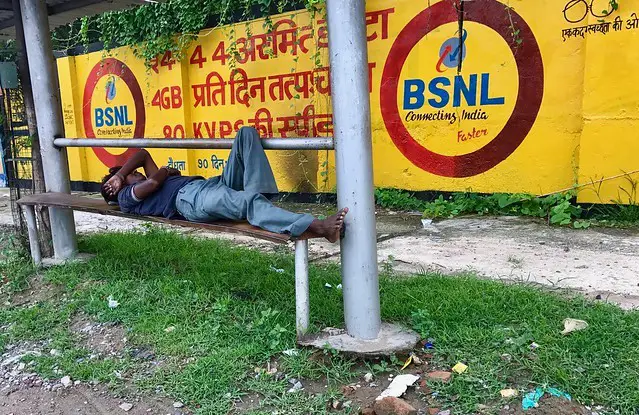Theme:
- In July 2020, Indian Railways has invited private companies to run 151 passenger trains on 109 train routes. Government of India is expecting Rs.30,000 crores private investment with this move. It was announced that the private trains will start from April 2023.
- India’s first private train is Lucknow – New Delhi Tejas Express, which was inaugurated in October 2019.
Benefits:
- In general, with limited investment, developing countries give priority to the welfare of the citizens over providing world-class facilities for them. So, it’s better to transfer that responsibility to private players to create a win-win situation for all.
- Passengers will get access to world-class trains with better facilities, less transit time and more safety. It was announced that these private are going to use modern technologies and require low maintenance. This is a win-win situation for both the companies and passengers.
- At present, the demand for tickets is more than supply. Many times, people are forced to be in the waiting list to travel in trains, without the certainty of the confirmation of seat. With private trains, supply can meet the demand.
- Government of India said that these trains will be manufactured in India under the ‘Make in India‘ program. If that really happens, it will create many jobs and will uplift the economy, which is desperately needed in the present time because of job losses due to pandemic.
- This can end the monopoly of Indian Railways. Private players can instil a competitive spirit and can bring more facilities at affordable rates.
Challenges:
- This step can deepen the already existing inequality between rich and poor. Indian Railways clarified that the fares in the upcoming private trains will be in the range of flight tickets. So the poor and middle class may feel excluded.
- With the use of modern technologies, many jobs can become redundant. So, private trains may not provide employment opportunities as many as the government trains provide.
- If they are not manufactured in India as promised, coaches and other equipment will be imported. In that case, it will be a loss to India as it can lead to neo-colonization.
- Even though the announced private trains constitute only 5% for now, there is no guarantee that it won’t be increased. If it is increased in the coming years, Indian Railways can suffer like BSNL & Air India, which were pushed to near bankruptcy due to the competition from private players.
Conclusion:
Private investment will help in modernising railways. It will give us access to better facilities, less transit time and more safety in trains. And it’s the government’s responsibility to regulate the prices and make the journey in them affordable. It’s also important to upgrade the remaining trains too, so that common man will not feel neglected and discriminated.
[crowdsignal poll=10575743]
Photo by veerasak Piyawatanakul from Pexels
Your Turn…
Do you support privatising Railway routes? Express your point of view through the comment section below. And subscribe to our blog to read answers to the trending GD topics.
Copyright @ Group Discussion Ideas.






